
What you should be doing in the garden in October
One of the most beautiful month’s in the garden, autumnal colours and blaze of burnt oranges, buttery yellows and fiery reds create a spectacular sight – signalling summer has come to an end.
And with the change in season, it’s time to start planning for colder, wetter weather and frosts, highlights Julian Palphramand, head of plants at British Garden Centres.
“The nights may be drawing in, but there’s a lot you can do now to help your garden survive the much colder months in October,” says Palphramand.
Here, he shares is expert tips to fire up those green fingers…
What to plant
“Autumn is a great time to start planting for the following year because the weather is still mild, and the soil is moist.”
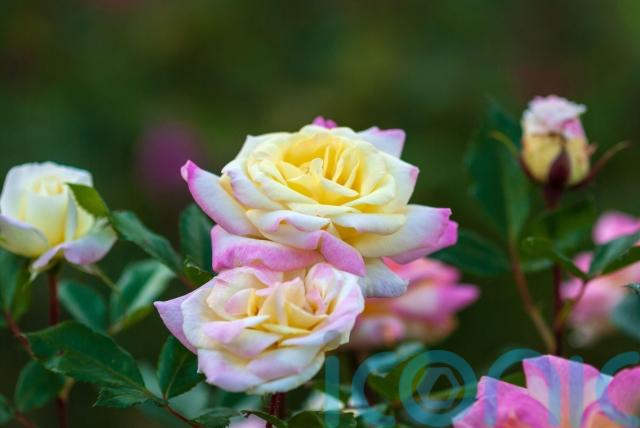
“You can plant roses, trees, climbers, and sturdy shrubs throughout the month, ready for a spring show.
“When planting, make sure to add a plant feed to help the roots grow strong and establish before the cold weather arrives.”
It’s also a good time to plant spring bulbs like daffodils, tulips, snowdrops, alliums, hyacinths and crocus to revive your garden, says Palphramand, and add a pop of colour after the long winter.
He continues: “You can start sowing flowers for next spring now too, which will give you bigger and stronger plants in the new year.”
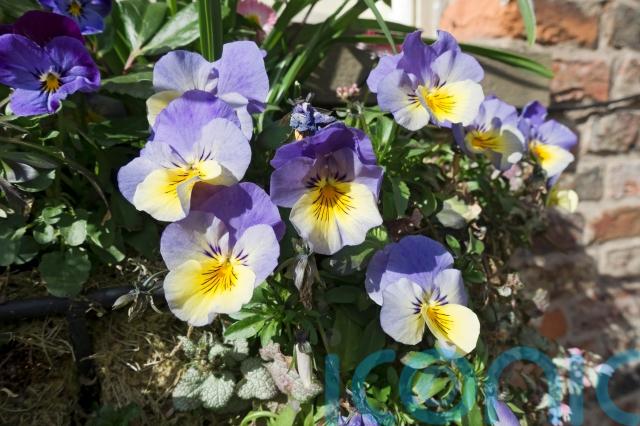
If you want to add some colour to your garden right now, he says why not make up a hanging basket or containers with bedding plants like violas, cyclamen, heather, and pansies, along with ivy or heuchera for a beautiful display.
Autumn lawn care
Now is a great time to put down new turf in your garden because the ground is still warm from summer, and has gotten plenty of rain, underlines Palphramand.
“You won’t have to mow it much, but you should rake out any dead grass and moss that has built up over the summer.”
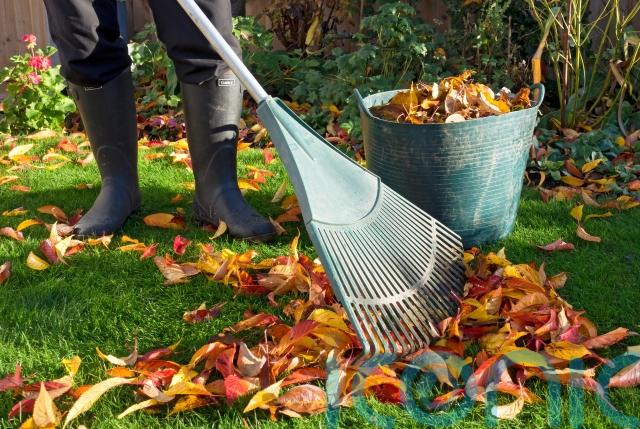
“If your lawn is packed down and compacted, poke some holes in it with a garden fork – then give it some lawn feed to help it stay healthy through the winter.”
October is the perfect time to sow lawn seed for new grass because it’s cooler, and there’s less competition from weeds, notes Palphramand.
“Seeding at this time of year gives the grass time to grow strong roots before winter, and will make your garden look great in the spring.
“It also helps prevent erosion, and is good for the environment,” he adds.
Grow your own
It’s also a great time to plant a variety of crops including salad leaves, onions, spring onions, carrots, broad beans, and peas, enthuses Palphramand.
To ensure optimal growth, he says to use a high-quality seed compost and protect the plants with fleece as temperatures drop.
“Additionally, this month is ideal for planting fruit bushes such as raspberries and blackcurrants, which will yield bountiful summer fruits.”
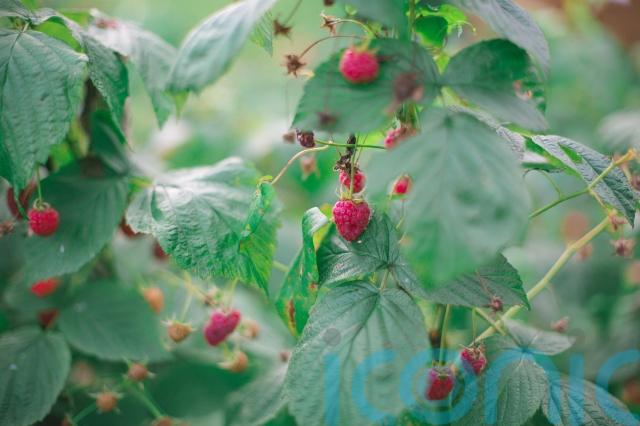
“Ground planting of fruit trees is also recommended while the soil retains warmth, promoting abundant blossom in the spring,” advises Palphramand.
Even with the onset of colder weather, he says it’s still possible to grow your kitchen herb garden.
“Herbs such as chives, rosemary, sage, thyme, oregano, parsley, and mint can be grown on a sunny windowsill, providing a fresh supply throughout the winter months.”
Wildlife
As temperatures drop, it’s crucial to provide essential nourishment for garden birds through supplementary feeding…
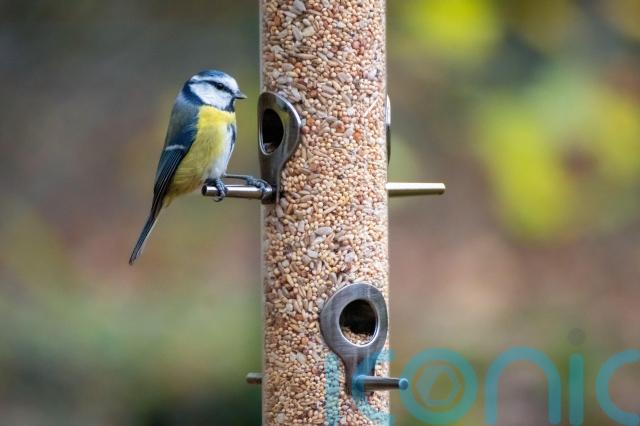
“This can be achieved by offering a well-balanced diet comprising seed mix, fat balls, and mealworms,” suggests Palphramand.
“To ensure the safety of the feeding area, position your bird feeders near tall shrubs, fences, or mature trees to minimise the risk of predators.”
In addition to supplementary feeding, consider introducing berry-bearing plants such as pyracantha, skimmia, callicarpa, cotinus, gaultheria, and viburnum to the garden landscape, adds Palphramand.
“These plants will serve as an additional food source for birds during the harsh winter months.”
Maintenance
Sprucing up your garden is another key element…
With all the growth from the summer, it’s a good idea to trim back plants and consider replanting some cuttings in pots for next year, recommends Palphramand.
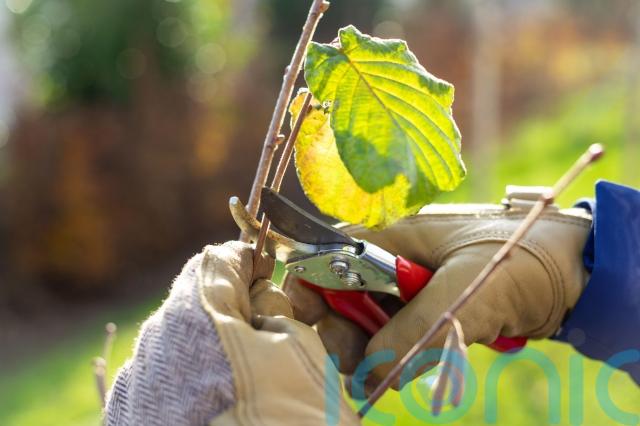
“Remove any dead leaves and plant debris from your flower beds, pots, and vegetable garden.
“As the month’s temperatures start to fall, don’t forget to protect delicate plants – some won’t survive the cold, so you’ll need to either move them inside, or cover them with special fabric to shield them from frost.”
He also suggests spreading bark chippings or slate on your garden soil to help it hold onto moisture, stop weeds, and shield your plants’ roots.



